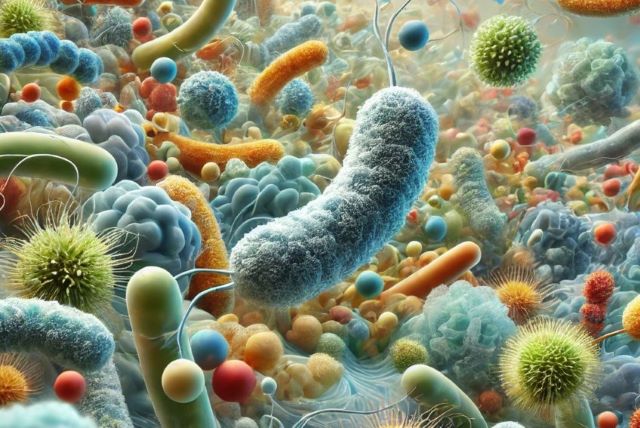Aging Is Not a Sentence: Take Back Your Energy Now, Part 2

The speed and pattern of aging differ for each person: in one, blood vessels are the first to be affected, in another — the joints, and in a third — the cognitive sphere. Therefore, an effective program must be based on objective data, not only on the clinical picture.






